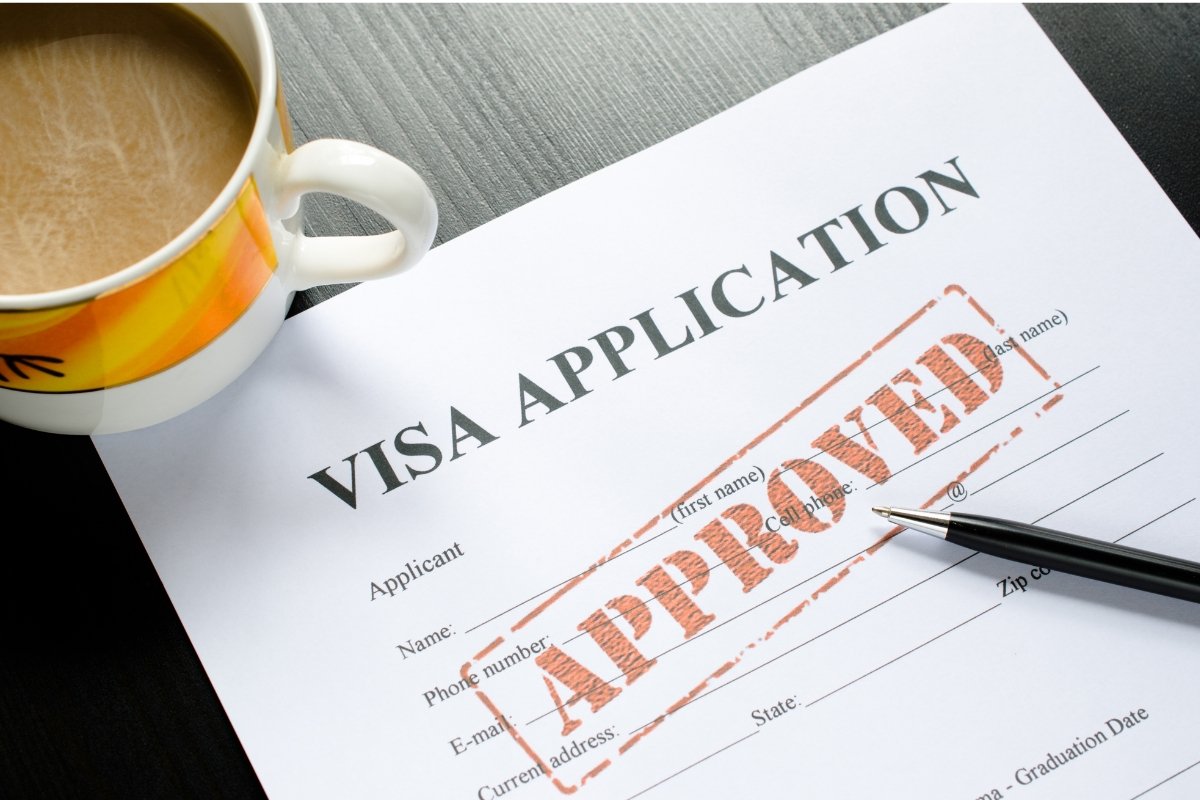
1. What is a Work Visa?
A work visa is an official document given by a country's government, including permission to work in its confines. In the case of international students, a work permit generally includes some conditions which restrict the number of hours you work during the semester, thereby keeping you qualified for post-graduation work opportunities. The kind of work visa one needs to apply for depends upon his or her country of destination, and by nature and duration of the job he/she seeks.
2. Types of International Student Work Visas
Most of the countries have different types of work visas available to the students, keeping in mind their own different needs: Part-time Work Visas: Many countries permit international students to work during their studies, such as Canada, which allows students to work 20 hours per week during the semester and full time on breaks. Work Visas after Graduation: Most of the countries will offer a post-graduation work permit after completing your studies, where one can stay and work for a certain period. The above-mentioned are the good ways to gain experience in your field before returning home or applying for permanent residency. Internship or trainee visas are available in some countries; these let students work at firms relevant to their studies, thus allowing the students hands-on experience and a chance to network.
3. Benefits of Getting a Work Permit
Applying for a working visa provides the following advantages to international students: Practical Experience: Being involved in the field of study provides you directly with work experience, making you more competitive in the job market. Financial Aid: Availability of part-time jobs contributes to the living group while studying abroad. In fact, working even helps many students to reduce the economic load of tuition and accommodation expenses. Networking Opportunities: It enables you to legally gain work credits in your host country, develop a professional network that will make it easier for you to secure a full-time job upon graduation. Permanent Residency Pathway: Some of the advanced countries in the world, such as Canada and Australia, give opportunities for permanent residency to their working students. This might prove to be a life-changing opportunity for individuals who intend to settle and have a career abroad.
4. Work Visa Application Procedure
The process for applying to get a work visa differs from country to country, but the following is the general process that might be involved: First of all, check your eligibility requirements as stated by the immigration laws of the country you are applying to. This mostly includes proof of admission into an accredited university, proof of financial stability, and a student visa that's valid. Application Process: Lodge the application for your work visa with the relevant immigration authority, which may also include, depending on requirements-certain countries may be an exception-one's student ID, passport, academic transcripts, and a job offer. Work Visa Duration: Most granted work visas were on validity, usually ranging from some months up to several years. If you intend to stay longer than this, you may need to apply for an extension or transition to a permanent work visa.
5. Most-demanded countries to apply for a work visa
Of course, some countries are way more popular among the students due to specific work visa programs.
Canada: The country has provided a work visa for a period of three years after completion of studies under the Post-Graduation Work Permit.
Australia: The Temporary Graduate Visa - subclass 485 - grants international students the right to work full time in this country after graduation.
Germany: Similarly, in the case of Germany, international graduates can stay in the country for as long as 18 months in search of employment opportunities related to their field of study. Long-term work opportunities also exist on an EU Blue Card for skilled professionals.
UK: UK's Graduate Route Visa provides an immigration pathway for graduating students to remain with the ability to seek full-time employment for up to two years. 6. How to Obtain a Work Visa Start Early: Begin the process of your visa application before you are through with your studies. The work visa usually takes time, so it is better to plan in advance. The chances of getting jobs after graduation can be enhanced by seeking out internships, part-time jobs, and networking events while studying. Keep yourself informed about any current immigration rules or any other visa requirements. To sum up, one sure way to maximize your experience for an international student is employment through a work visa. Thus, besides gaining practical work experience, you will be always connected professionally with a financial means to support your living and probably a way to permanent residency. Name it, from Canada to Australia to Germany-the opportunities are wide open, and this can go a long way in boosting your career prospects.
In conclusion, obtaining a work visa is a key step in maximizing your international student experience. It not only helps you gain practical work experience but also allows you to build a professional network, support your finances, and potentially pursue permanent residency. Whether you're studying in Canada, Australia, or Germany, the opportunities are endless, and the experience can significantly enhance your career prospects.
